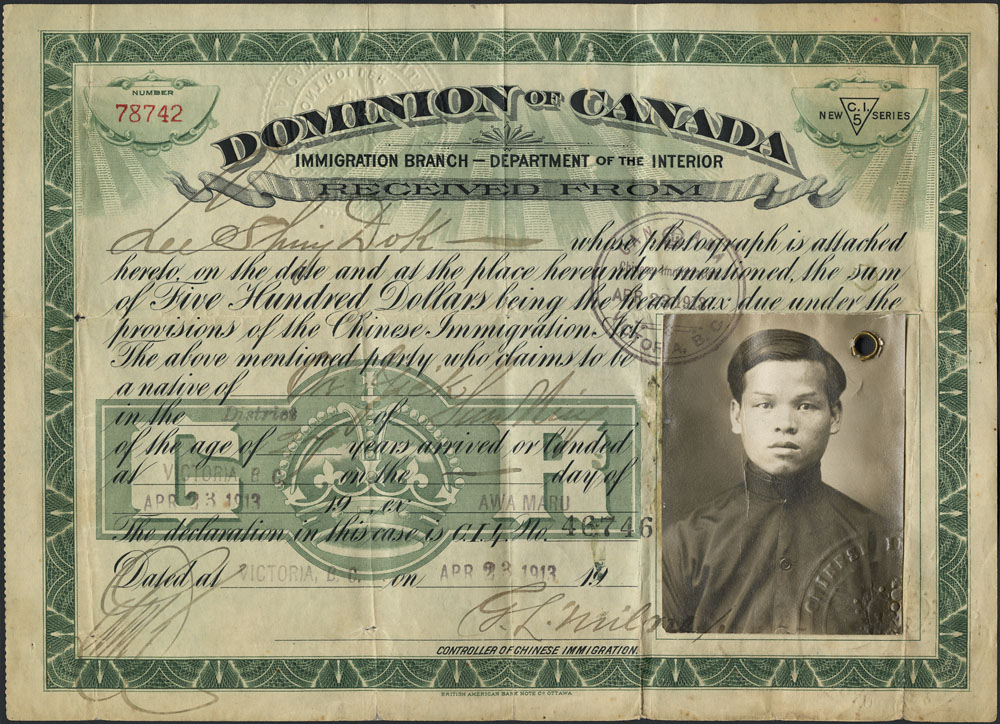
Wars, Revolutions, Instability
By the end of the 19th century China was a land of struggle: the defeat in the Opium Wars, the First Sino-Japanese War, and later the 1911 Revolution tore China apart. China's massive population and the agrarian economy were unable to survive in constant wars and economic depression. For decades there has existed a constant shortage of food, shelter and hope for security. The Qing Dynasty, which ruled over China for almost three centuries, was overthrown in the 1911 Revolution, which resulted in continuous civil wars among regional elites.
After the First World War, Japanese aggression against China added another external threat to the already crumbling Chinese society. China's agrarian, and mostly rural populations were fragile as they were caught between civil wars and external invasions. Many decide to leave the country to escape from wars and social instability.

Why Settle In Canada?
Since the late 19th century many Chinese people began migrating to other countries, with many of them coming to North America. However, unlike European immigrants in the same period who came to Canada for opportunities, many Chinese settlers simply sought to escape from the atrocities and to survive. Many Chinese people, often taking their families with them, hoping to save their dearest ones, settled in Ontario.
Chinese families decided to move to Ontario in the 1930s because there already existed a significant Chinese diasporic community here back then. With the end of the Golden Rush and the beginning of the Great Depression, the wave of Chinese immigration into Ontario as railway workers saw a slight drop until the 1930s. Unlike the previous railway workers, many people came to Ontario with their families, hoping to find shelter within the existing Chinese communities. The diaspora of Chinese Canadians began to form with the immigration boom caused by war.
